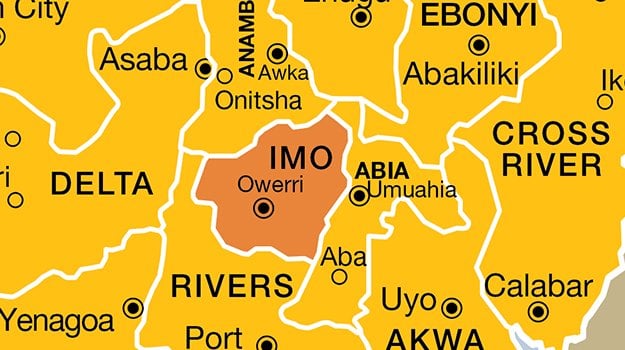Shoprite, Africa’s largest food retailer, told investors on Monday that it is considering a potential sale of ” all or a majority stake” of its business in Nigeria.
Shoprite is the second business with South African origins that has announced divestment plans in 2020.
Mr Price, a clothing and homeware retailer, announced its plan to exit Nigeria in June saying it had already closed four out of its five stores in Nigeria.
In the trading update filed at the Johannesburg Stock Exchange (JSE), the retailer said it has been approached by various potential investors.
Advertisement
Although the company did not provide reasons as to why it would be looking to sell, TheCable examined previous financial documents provided by the company to determine the challenges being faced by the company.
Import restrictions
In December 2018, the Central Bank of Nigeria (CBN) announced that it would no longer provide forex for the importation of 41 items in a bid to conserve foreign reserves and ensure availability to more essential needs.
Advertisement
Since then, the CBN has expanded the list to include textile, milk and maize.
In August 2019, President Muhammadu Buhari told the CBN to expand the forex ban to all food items.
Although Shoprite does not carry all of the items barred from the forex access, it carries some.
These items are rice, margarine, palm oil products/vegetable oils, meat and processed meat products, tinned fish in sauce(Geisha)/sardines, enamelware, plastic and rubber products, polypropylene granules, cellophane wrappers, soap and cosmetics, tomatoes/tomato pastes, toothpicks, glass and glassware, kitchen utensils and tableware.
Advertisement
The company would have encountered some difficulties in getting some of these items into the country or immediately switching to made-in-Nigeria products.
In its full-year 2018 results published in July of that year, Shoprite said its trading was throttled by limited product ranges.
Foreign exchange fluctuations
In its 2018 integrated report, the company said trading in Nigeria was affected by foreign exchange fluctuations and that even though the stores were showing growth in naira, conversions to rand showed a reduction in value.
Advertisement
“Trading in Nigeria continues to be hampered by foreign exchange fluctuations, although Nigerian stores are showing growth in the local currency, albeit at reduced margins,” it said.
According to the 2018 report, the value of N1 against the South African rand depreciated from 0.052 to 0.045 in 2018.
Advertisement
By 2019, that figure declined to 0.039.
The naira was devalued to N380 in March 2020.
Advertisement
During the presentation of the 2019 second-half results, Pieter Engelbrecht, Shoprite CEO, had said: “We remain committed to operating on the continent but are limiting future expansion whilst we review our options with regards to alternate operating models. Notwithstanding this, we have taken a number of immediate operational actions, all of which are ongoing and include rent reductions, store closures, productivity improvements and de-dollarising costs.
“We are confident in the absence of further currency devaluations and any unforeseen circumstances that these operational measures will positively impact profitability.”
Advertisement
Xenophobic attacks
There is a history of tension and clashes between Nigerian migrants and South African locals.
Sadly, whenever these occur, Nigerians carry out protests and reprisal attacks on businesses with South African origins.
In its 2019 second-half results, Shoprite said the store closures as a result of the xenophobic attacks caused an 8.1 percent decline in sales.
“With regards to Nigeria, the impact of store closures and subsequent reduction in customer count, both during and after the September Xenophobic attacks, resulting in a difficult half with sales declining by 8.1% in constant currency terms,” it said at the time.
COVID-19
No doubt, the pandemic has had a major impact on businesses.
Lockdowns and movement restrictions imposed to stop the spread of the virus has resulted in reduced trading hours for stores like Shoprite.
In the trading update published on Monday, the company said it has incurred costs pertaining to compliance with lockdown regulations together with managing and protecting our employees, customers, stores, inventory and distribution infrastructure.
“In this regard, the group has incurred a net total of R327.2 million spent across the areas of health and safety, security, mobile clinics, personal protective equipment, temperature scanners, store and distribution centre sanitation, employee meals, communication costs and remote network access for employees,” it said.
Add a comment







